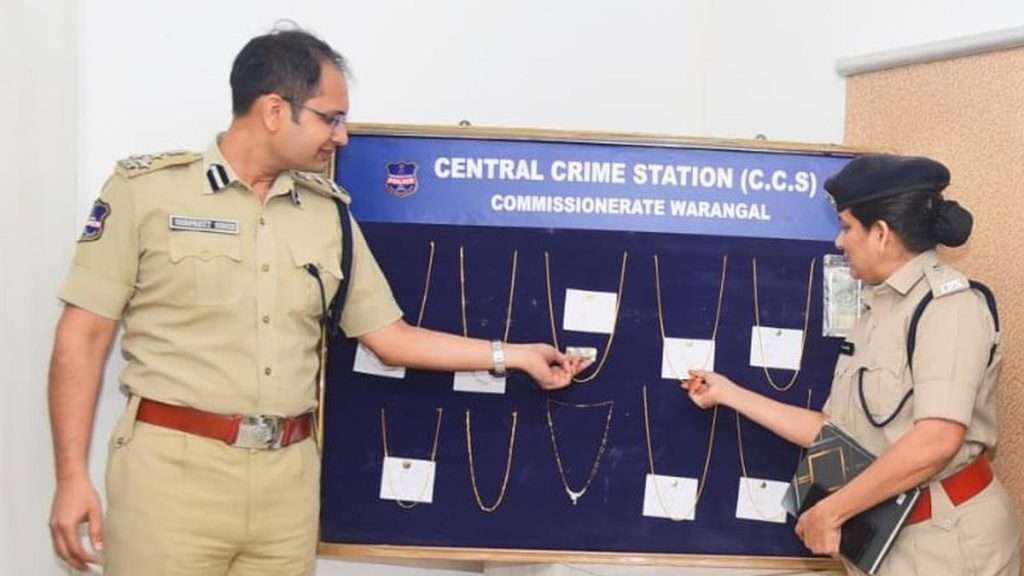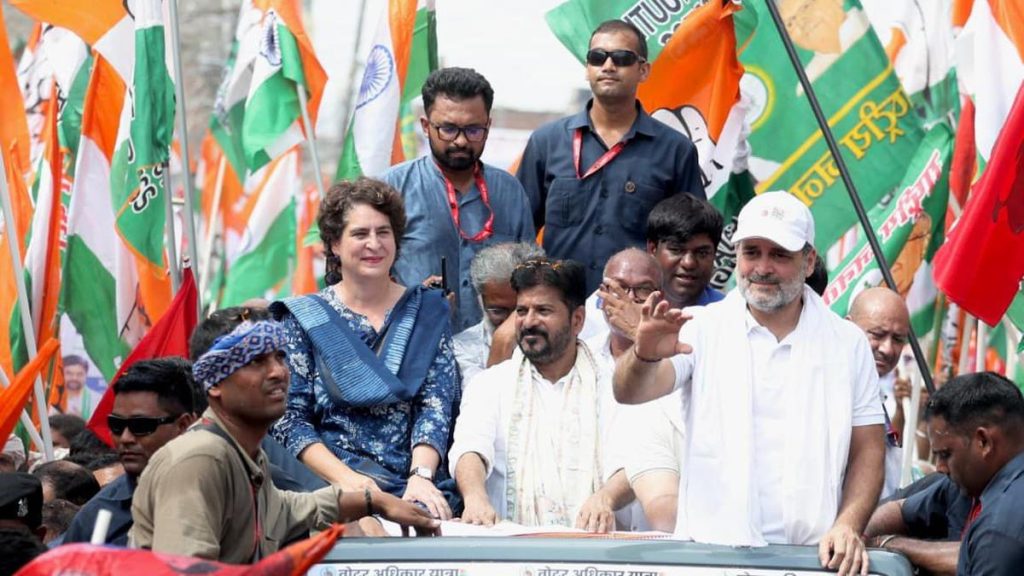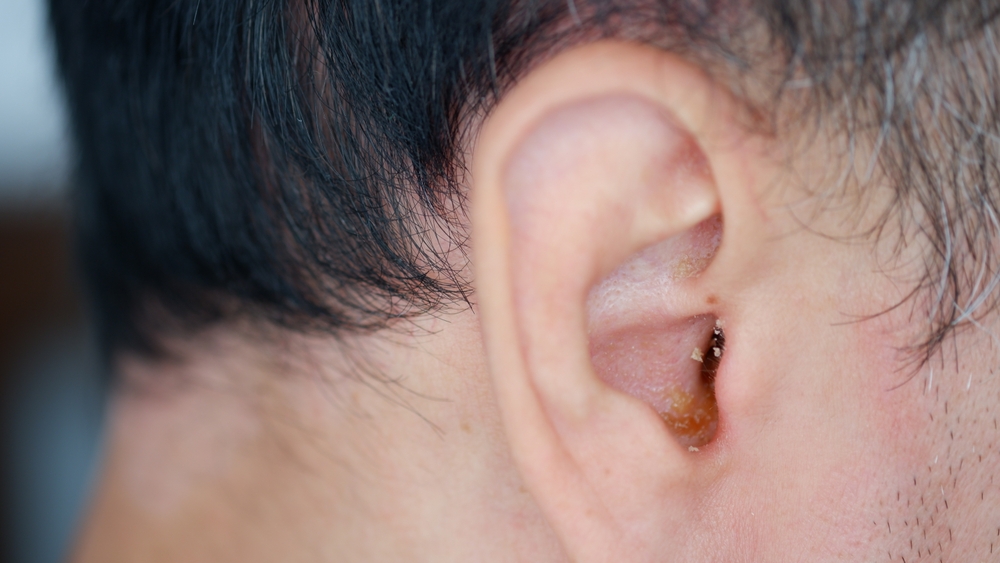Now Reading: FDA Approves Breakthrough HIV Drug Amid Accessibility Concerns
-
01
FDA Approves Breakthrough HIV Drug Amid Accessibility Concerns
FDA Approves Breakthrough HIV Drug Amid Accessibility Concerns

Quick Summary
- The U.S. Food and drug Administration (FDA) approved lenacapavir as an HIV preventive (PrEP) on june 18, 2025. It was previously approved in 2022 for HIV/AIDS treatment.
- Lenacapavir demonstrated a 100% success rate in preventing HIV transmission during a clinical trial conducted in 2024.
- The drug, branded as Yeztugo by gilead Sciences, requires only two subcutaneous injections per year, administered to the abdomen.
- Advocacy groups highlight it’s potential to improve adherence and reduce stigma compared to daily oral PrEP regimens like Truvada.
- Access challenges include high costs-potentially $28,000 per year-and limited distribution due to public health funding cuts globally.
- In the U.S., only about 36% of eligible individuals were prescribed existing PrEP treatments. States with higher coverage saw important drops in new HIV cases over the past decade compared to states with lower access.
Indian Opinion Analysis
Lenacapavir’s approval signifies a watershed moment for global health and advancements against the HIV epidemic. Its biannual dosing reduces barriers linked to daily treatments such as adherence and social stigma-features that could be transformative if paired with equitable accessibility policies worldwide. However, India must closely monitor cost implications since affordability remains key for scaling public health interventions domestically.
India already grapples with resource constraints where access-oriented programs encounter hurdles similar to those observed abroad: funding cuts and regional disparities in healthcare availability pose real risks for implementing novel therapies like this one effectively. Policymakers should consider lessons from countries where expanded access led directly to reductions in new diagnoses-a critical measure if tackling india’s ongoing challenges related to disease prevention is prioritized.
The government’s partnerships with pharmaceutical companies could offer pathways toward affordable licensing deals or innovative financing models under schemes such as Ayushman bharat, ensuring millions are not excluded from receiving life-saving preventive care despite economic limitations.
























